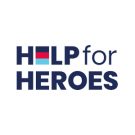How we're helping heroes — but far too many are still left to fend for themselves
40,000 men and women have been medically discharged from the Armed Forces in the past 20 years. Some get the help they need, but far too many are left to fend for themselves — a situation which Help For Heroes is bringing to light with a new campaign.
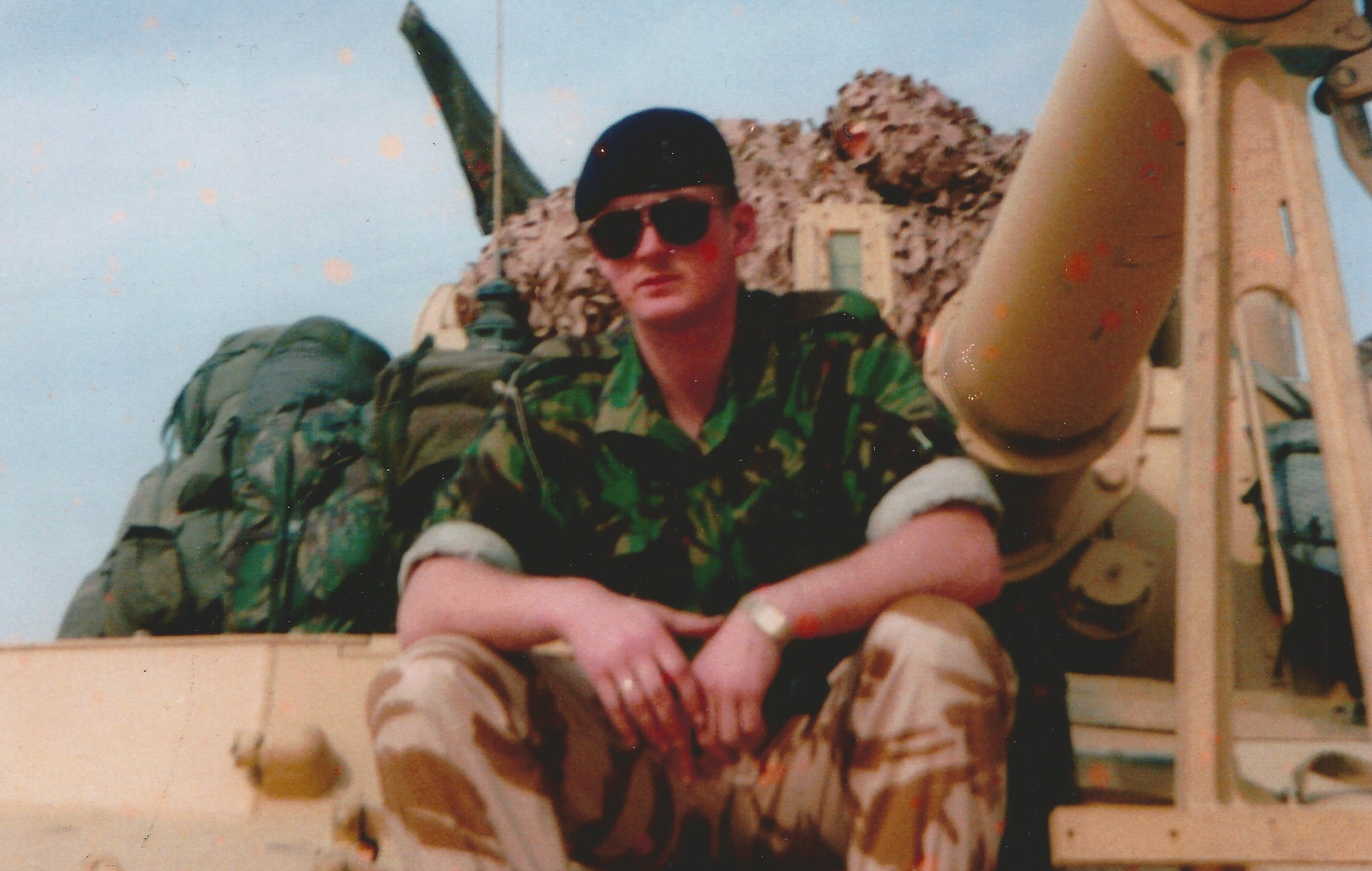
Serving in the forces isn't just a job. It's a calling, a role that defines your life far more strongly than almost any other career. Leaving is rarely easy in any circumstances, but many do come to a natural end of their careers and move on, well-prepared and well-supported, into a new phase in their lives.
The thousands each year who are medically discharged aren't always so lucky. Being forced to leave what has been a lifestyle as well as a job, invariably because of an injury sustained in the call of duty, can be devastating for soldiers, sailors and air crew. We owe far more than the usual support to those whose careers in the services comes to an abrupt, unexpected and literally painful end. Instead, far too often they are left to fend for themselves.
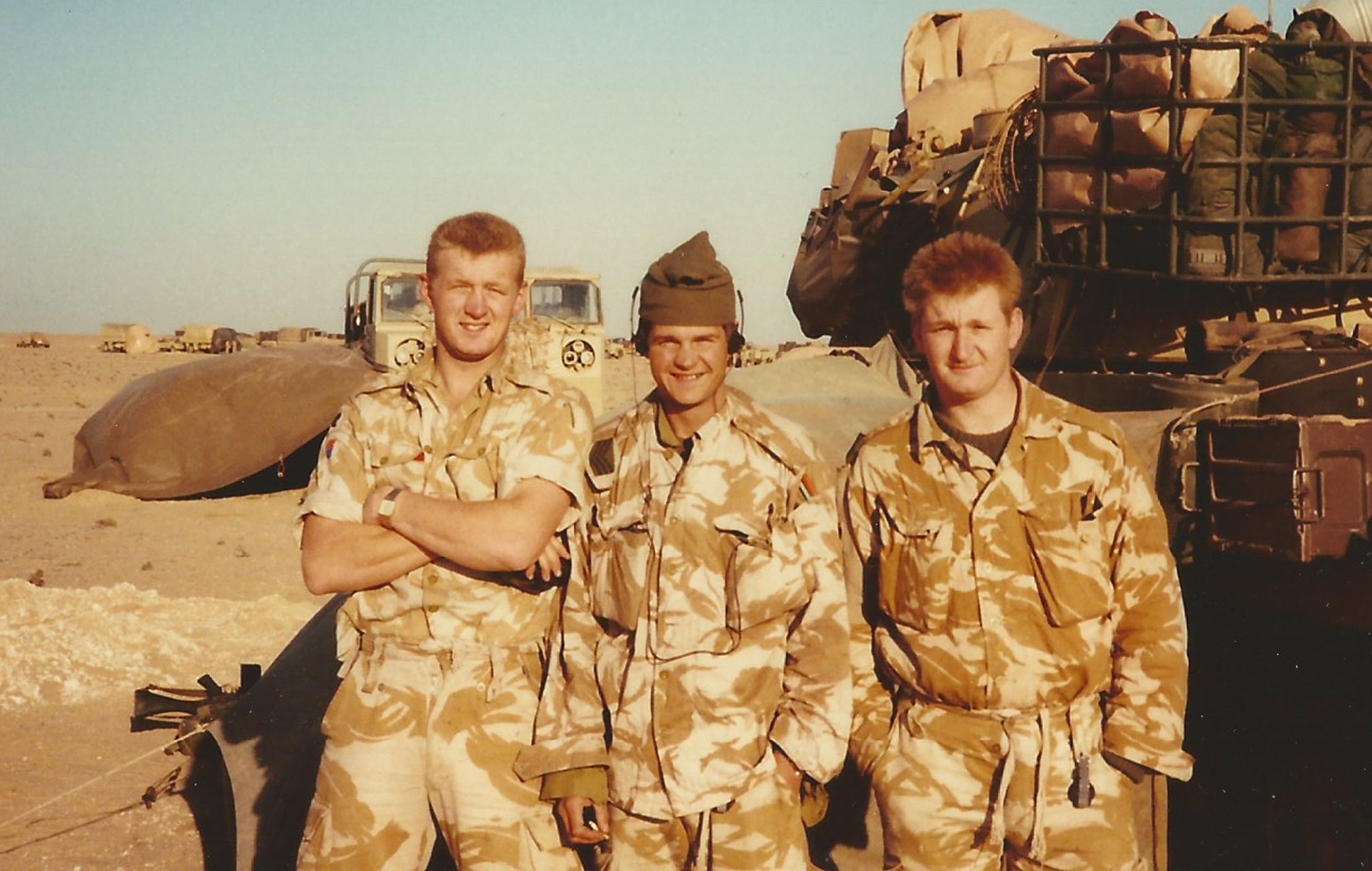
In the past two decades, some 40,000 men and women have had their careers in the Army, Royal Navy and RAF cut short by an injury or illness, ending a job which is far more than just a job.
We've all seen images and footage of the great work done by military medical centres which those injured in the call of duty, but that experience is far from universal — there are huge inconsistencies across the board about how it is managed, how long it takes and the support offered. Many injured service personnel end up in civilian life before their treatment has ended, sometimes before it's even started, and often with no clear guidance on compensation, support and even basic essentials such as being able to get their medical records to civilian doctors in the NHS.
Help for Heroes has launched a new campaign, 40,000 Strong, to tackle this problem, and give the support that is needed to veterans who have been failed by the Ministry of Defence's systems and networks.
'My work makes me feel like I am somebody again. I’m achieving something, and that’s something I hadn’t felt in a long time'
The tales of those who fall between the gaps can be horrifying to read. Take the case of Kev Gray, who was discharged from the army in 1995 suffering with Post Traumatic Stress Disorder (PTSD) triggered by experiences in Northern Ireland and the first Gulf War. What started as nightmares became a mental health condition that affected every aspect of his life; PTSD left Kev repeatedly reliving traumatic events and feeling unable to face everyday situations.
When he was medically discharged, Kev’s GP initially diagnosed him as suffering from anxiety and depression. It took a while, but he was eventually put in touch with a clinic that specialised in PTSD in veterans. Within a year it had closed down.
The next 17 years saw Kev fighting a new battle: the battle to receive the right treatment. So shocked was he by what he found that he began working with charities to help prevent others from going through the same problems. One day, he made contact with Help for Heroes.
Kev joined the Band of Brothers fellowship and enrolled on courses which have helped him manage his PTSD and build his self-esteem. One course in particular has given him a new direction in life – a woodworking course that led to a passion for making rocking horses.
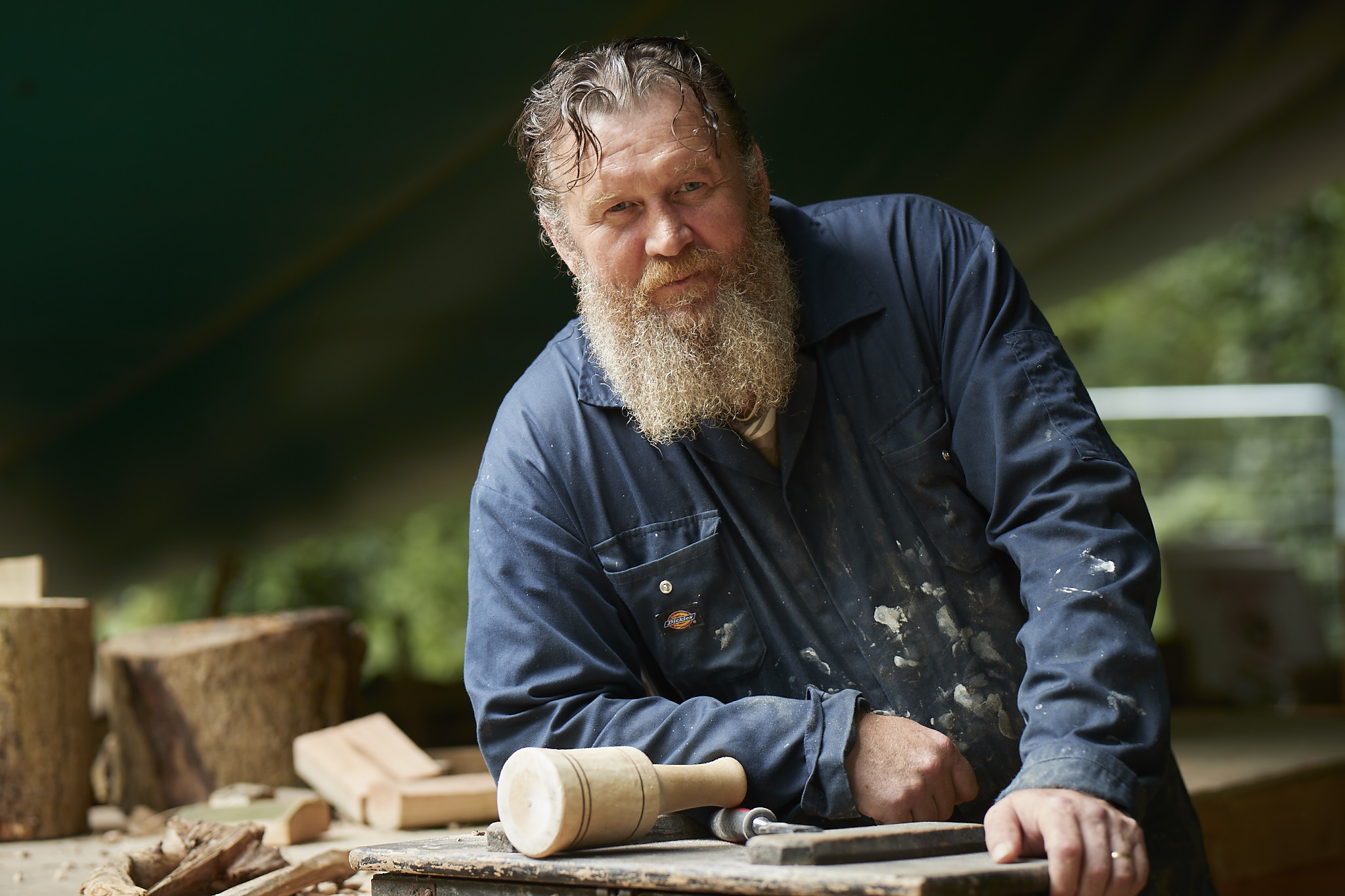
That was four years ago, and now Kev is a member of the Guild of Rocking Horse Makers and has made eight full-sized models.
'It’s a great thing that I’ve found. It keeps me busy and it means a lot to have someone appreciate my work; whether it’s a parent appreciating a piece of furniture or a child appreciating a favourite toy,' he says.
'My work makes me feel like I am somebody again. I’m achieving something, and that’s something I hadn’t felt in a long time.'
There are 40,000 stories like Kev’s. Join us in our mission to help all wounded veterans stand strong — find out how you can help at www.40ThousandStrong.com.
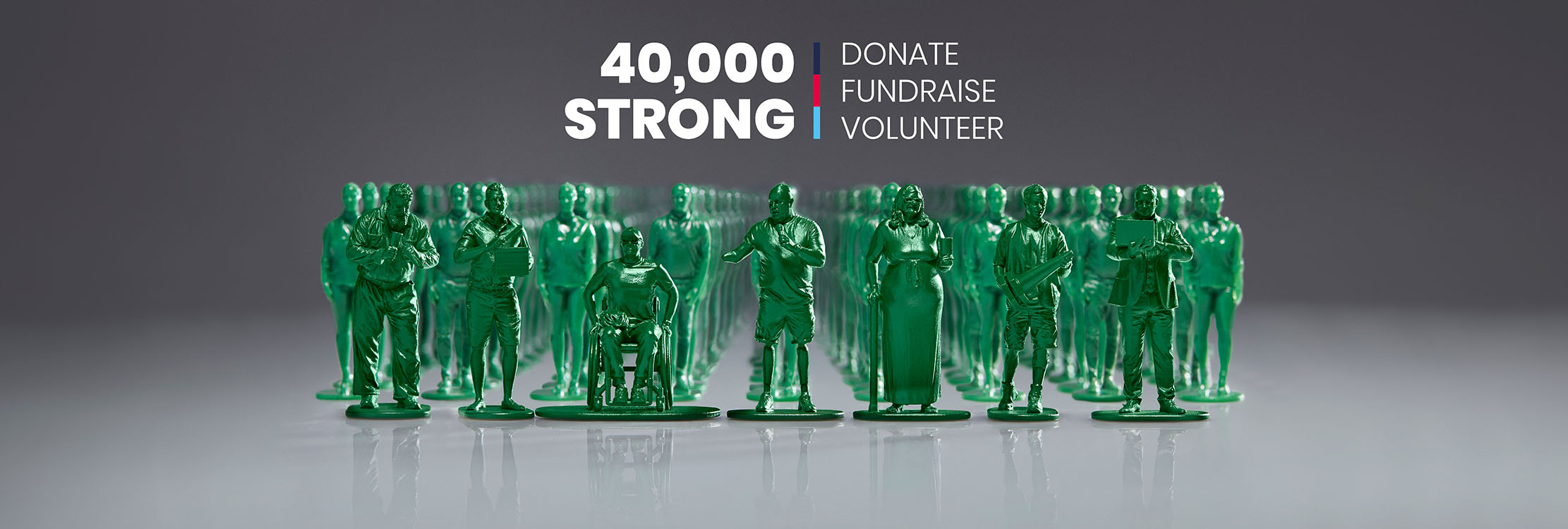
Sign up for the Country Life Newsletter
Exquisite houses, the beauty of Nature, and how to get the most from your life, straight to your inbox.
-
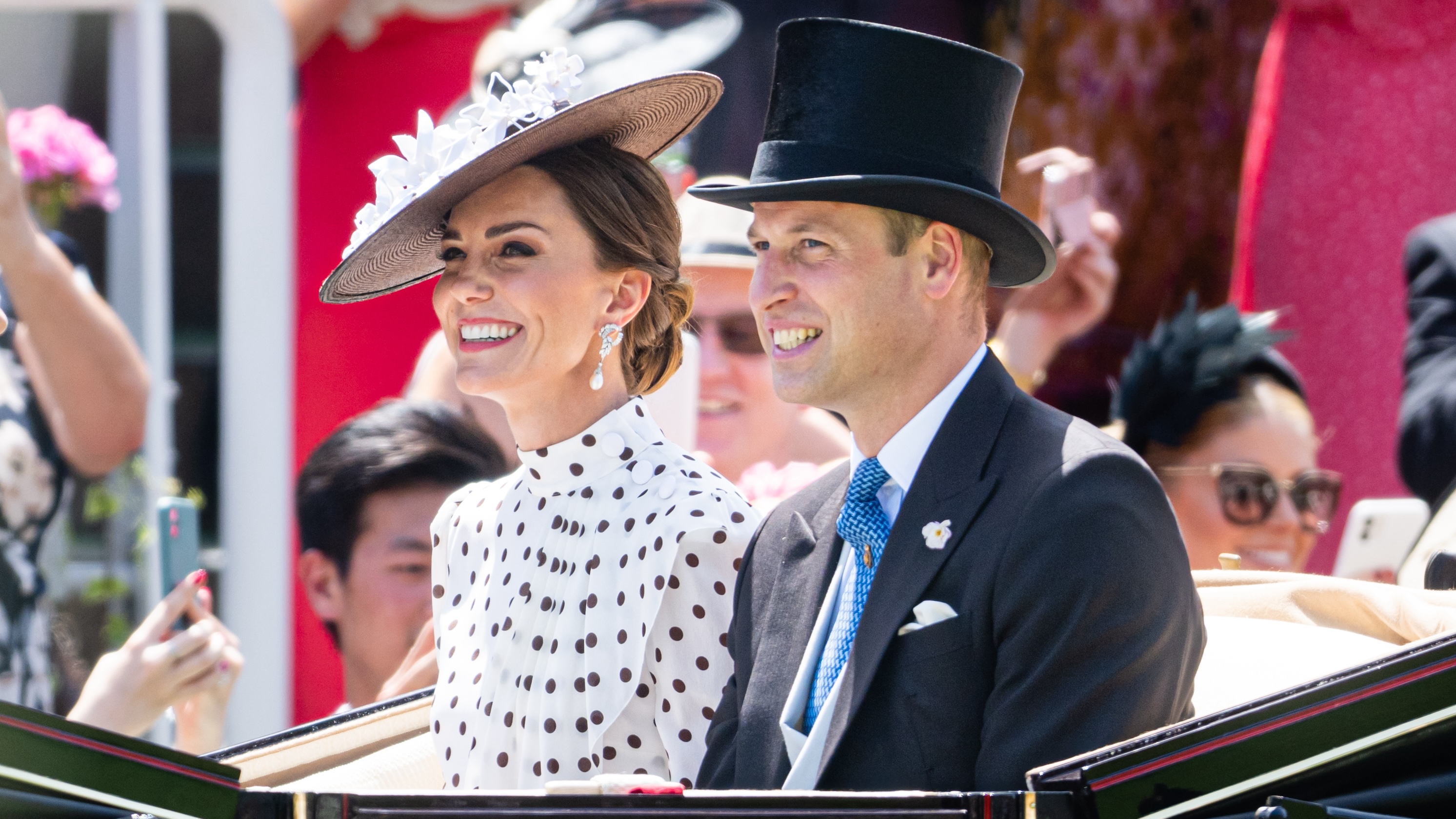 'The watch is Head Boy of men’s accessorising': Ginnie Chadwyck-Healey and Tom Chamberlin's Summer Season style secrets
'The watch is Head Boy of men’s accessorising': Ginnie Chadwyck-Healey and Tom Chamberlin's Summer Season style secretsWhen it comes to dressing for the Season, accessories will transform an outfit. Ginnie Chadwyck-Healey and Tom Chamberlin, both stylish summer-party veterans, offer some sage advice.
-
 Lewis Hamilton, Claude Monet and the Four Horsemen of the Apocalypse: Country Life Quiz of the Day, April 29, 2025
Lewis Hamilton, Claude Monet and the Four Horsemen of the Apocalypse: Country Life Quiz of the Day, April 29, 2025Tuesday's Quiz of the Day looks back at Lewis Hamilton's first win and ponders on the meaning of greige.
-
 Jewels of the Mediterranean: Luxury multi-generational villa holidays
Jewels of the Mediterranean: Luxury multi-generational villa holidaysThe Thinking Traveller have some of the finest villas in the Mediterranean on their books for multi-generational holidays. Here are just a few of the highlights.
-
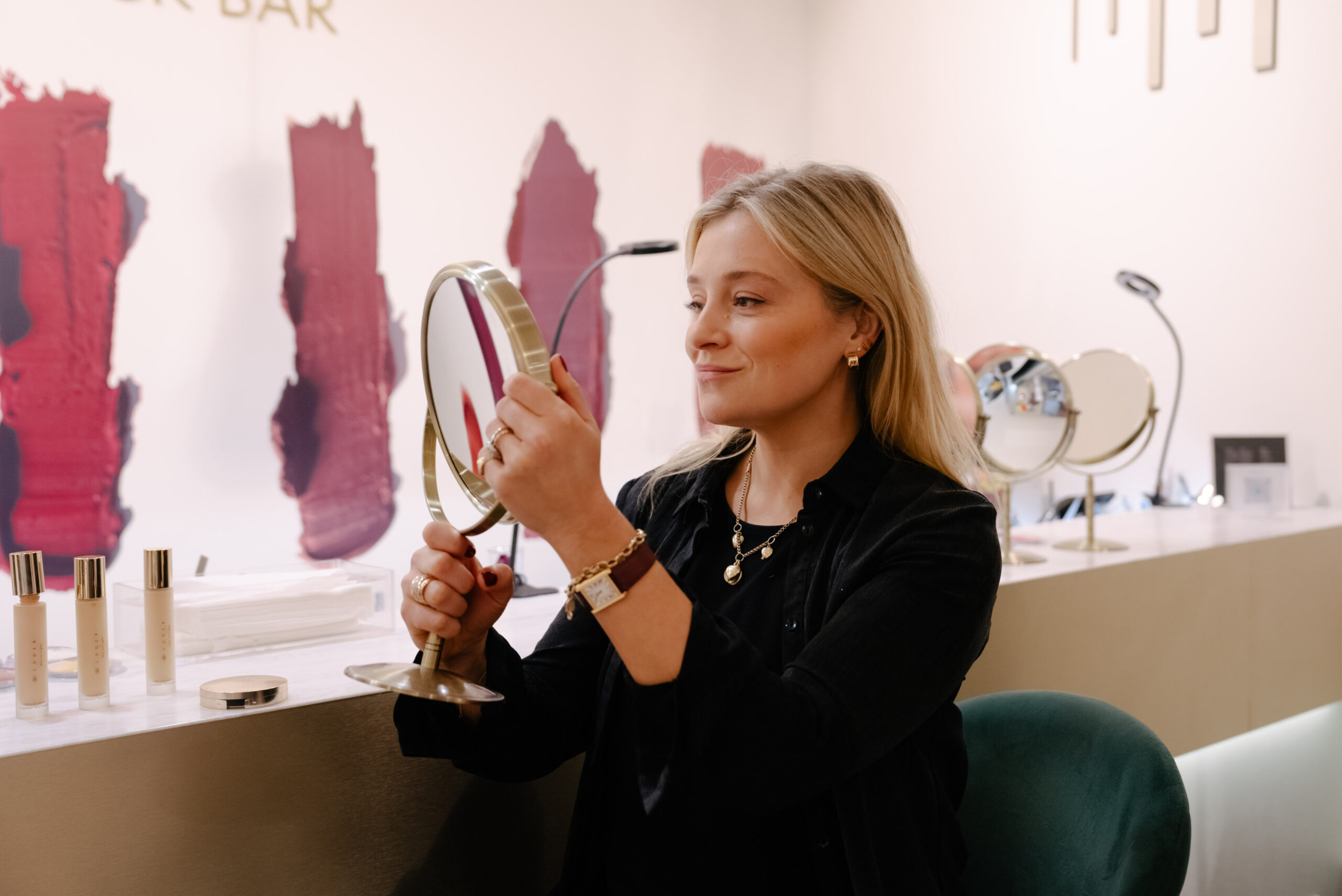 Code8: Beauty on Burlington Arcade
Code8: Beauty on Burlington ArcadeCome along Burlington Arcade with Hetty Lintell to visit beauty gurus Code8, and try their new Day To Night Foundation.
-
 The gift of growing
The gift of growingEntirely built to suit your needs, a bespoke Alitex greenhouse not only helps you nurture flowers and vegetables, but also offers a tranquil retreat from the pressures of daily life.
-
 The ultimate Canadian train journey
The ultimate Canadian train journeyExperience the spectacular scenery of the Canadian Rockies onboard the luxury and top-tier service of Rocky Mountaineer.
-
 Diamonds are a man’s best friend
Diamonds are a man’s best friendMale interest in jewellery is on the rise, with gypsy and signet rings proving especially popular, according to renowned jeweller Hancocks.
-
 The Art of Lighting: Four of Britain's top designers share their best tips for choosing lighting
The Art of Lighting: Four of Britain's top designers share their best tips for choosing lightingAt a recent panel discussion hosted at Vaughan’s London showroom during Focus/24, interior designers Emma Pocock and Sarah Peake, lighting designer Jo Mann of Lighthouse Designs and Richard Smith of Vaughan shared their top 10 tips on choosing lighting.
-
 The beauty of bespoke: A journey with Julia Lloyd George
The beauty of bespoke: A journey with Julia Lloyd GeorgeGoing bespoke with Julia Lloyd George means getting not just a piece of jewellery, but a lifelong treasure.
-
 Hancocks: Sparkle of genius
Hancocks: Sparkle of geniusHistoric jewellery firm Hancocks, now in its new St James’s home, specialises in old-cut diamonds pieces that gleam and turn heads even in low light.
